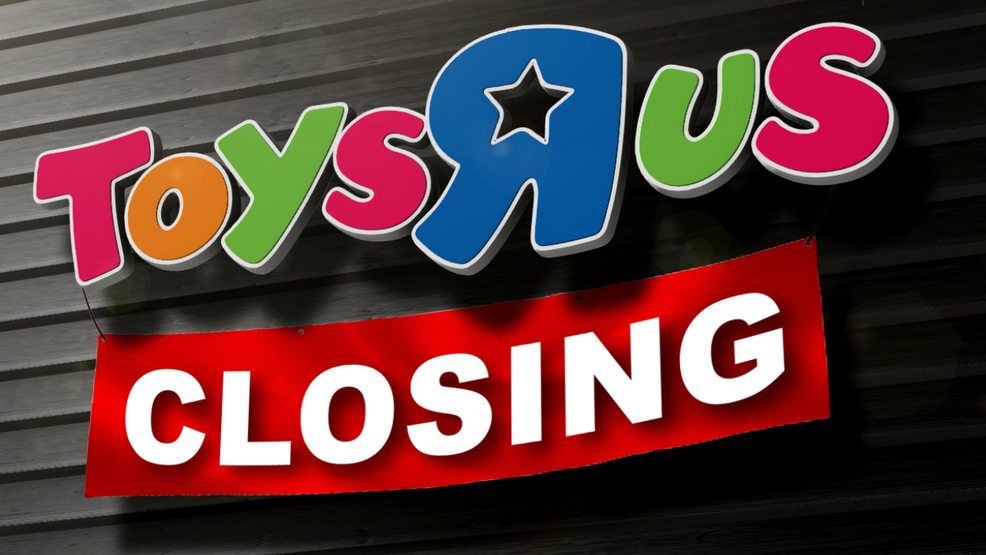
Michael Gerard
Marketing Director
GRS Group
(949) 272-0022
mgerard@fv2.d32.myftpupload.com
Though not a shocker in the industry, the bankruptcy and subsequent liquidation of Toys “R” Us and its 735 locations is a pretty big hit to retail real estate landlords that are already dealing with their share of store closings sector-wide.
The retailer had to shut down due to competition from the likes of Amazon, Target, and Walmart, as well as the saddling of billions of dollars in debt for more than a decade.
But there is hope that several of these empty shells will be filled up by expanding concepts.
Several chains have already bid on some of the now-former Toys locations, including Aldi, Ashley Furniture, Big Lots, PGA Tour Superstore, furniture chain Raymour & Flanigan, among other outfits and non-retail uses. Landlords can object to the bids on April 9 during a court hearing.
USA Today quoted a Ripco Real Estate executive saying: “If you’re a retailer looking to get into a market or looking to expand you have an opportunity to get into a strong retail corridor with good access, visibility, on a rent that was negotiated yesterday.”
This is welcome news for some landlords and the overall state of retail real estate because it shows that some chains are on a growth path. PGA, with about 35 locations, currently plans to grow its presence by 50 percent over the next three years. Raymour has expanded exponentially over the last few years and could have opportunities to widen its geographic base.
Meanwhile, in other interesting news, KB Toys might be making a comeback. The mall-based chain, which once had 1,300 units, went out of business in 2009. Its current owner, Strategic Marks, is reportedly taking resumes from former Toys “R” Us employees and speaking with Hasbro and other toy manufacturers that would like to sell their goods in brick-and-mortar locations.
Granted, though these developments are good news for landlords, it is far from an overall solution to all 735 closures. The chain’s stores averaged 20,000 square feet to 50,000 square feet, and several center owners are likely going to have to get creative to repurpose those spaces, whether that means breaking the spaces up for several smaller stores, or looking for entertainment or medical concepts to fill the void if they aren’t able to lease it to a traditional retailer.
But by now, in a retail world increasingly being steered by Amazon and changing consumer tastes, most involved in retail real estate should understand resiliency and that a traditional business-as-usual leasing strategy isn’t going to cut it anymore.
About GRS Group:
GRS Group is a leading provider of commercial real estate (“CRE”) services worldwide. With offices across the United States, Europe, and affiliates around the globe, GRS Group provides local market knowledge with a global perspective for institutional real estate investors, occupiers and lenders worldwide. The GRS Group team has evaluated and advised on over $1 trillion in CRE transactions.
Through the company’s proprietary management process, Global Services Connection, GRS Group delivers an integrated suite of services including Financial Advisory, Transaction Management, Assessment and Title Insurance. We provide a single point of contact, capable of leveraging the GRS Group portfolio of companies and delivering customized solutions to assist our clients in achieving their investment goals.

